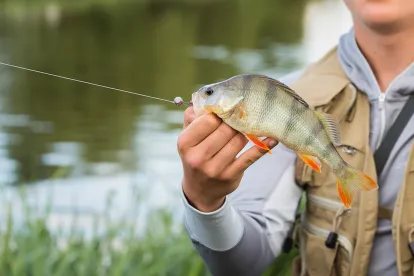In June, I and many others took note of an opinion issued by the California Court of Appeal that concluded a bumble bee could be designated as a fish as defined by Section 45 of the California Fish & Game Code. Almond All. of California v. Fish & Game Com., 79 Cal. App. 5th 337, 341, 294 Cal. Rptr. 3d 603, 606 (2022). Earlier this week, the California Supreme Court denied review of this decision. In doing so, the Court disavowed any agreement or disagreement with the Court of Appeal's holding.
In denying review, the Supreme Court issued a statement expressing its concern that its decision would "be misconstrued by some as an affirmative determination by this court that under the law, bumble bees are fish". The Court's statement then invited the legislature to weigh in on the question:
Even if the Court of Appeal arrived at what might superficially seem like a counterintuitive result, that alone does not establish that it erred. Moreover, our decision not to order review here does not prevent us from considering the CESA’s [California Endangered Species Act] reach in some future case, at which time we may agree or disagree with the Court of Appeal’s analysis. In the interim, the Legislature is in a position to make whatever statutory amendments it may regard as necessary or useful. For although it may not be exceptional for a court to determine that a particular word or phrase within a statute carries a meaning that deviates from common parlance or understanding, such decisions also can provide notice to legislators that some clarification may be in order.
Do Bumble Bees Bumble Because They Don't Know The Words?
To bumble means to proceed in an awkward manner. Does that mean that bumble bees are bumbling? Etymology supports no such calumny. In reference to bees, the word "bumble" is most likely derived from "humble". That doesn't mean, however, that bumble bees are especially unassuming. In this instance, "humble" is a frequentive form of the verb "hum", like crumble and crum or sparkle and spark.



 />i
/>i

